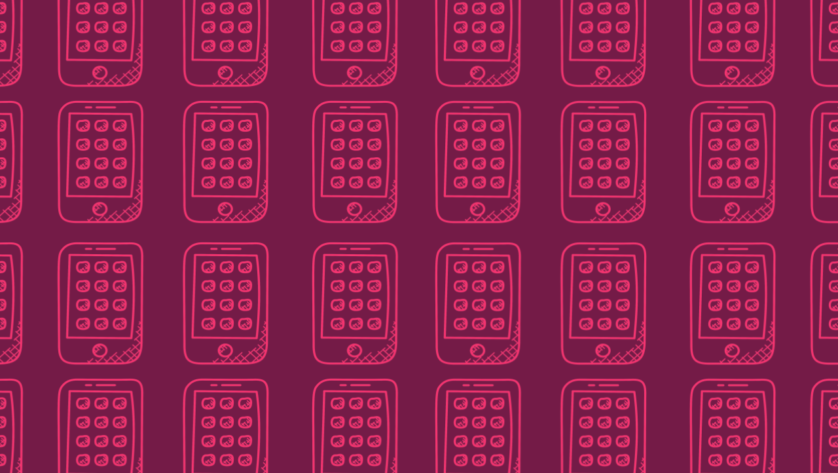Crucially, these partnerships need to embrace the extremely important role of local humanitarian organizations, including National Red Cross and Red Crescent Societies. The international system still places too much emphasis on international actors, leaving local organizations with not enough influence over decision-making and not enough access to global humanitarian financing.
This imbalance must change. While recognizing the importance of international actors, we need to ensure that the capacity of principled local actors is a key priority. They must be seen as true partners, not as mere implementers. This includes protecting and insuring those groups who operate in dangerous conditions. At the same time, we should be careful not to swap one form of imbalance for another. Our call is for an ecosystem that emphasizes the complementary strengths of local, national and international actors. There will always be contexts, for example, where the neutrality of international organizations will be needed. In those cases, roadblocks to international access must be swiftly and completely dismantled.
Finding the right balance will allow us to respond more effectively to need of all kinds. Crucially, by emphasizing long-term and mutually valuable relationships between
local and international partners, it will also allow us to provide more sustained support for communities suffering from chronic crises. We will be better able to help them to identify and address their own risks and vulnerabilities, to integrate them in the response and to become stronger and more resilient in the process. The role of humanitarians will be to accompany communities as they design their own solutions, rather than prescribe answers to questions we might not always understand.
This approach will allow us to create linkages between the many different systems that are involved in humanitarian response. The component that many of us are most familiar with — what we often term the ‘traditional’ humanitarian system — is only part of a collection of diverse systems that are too often out of sync.
We need to embrace change. The World Humanitarian Summit is a once-in-a-generation chance to do this on a system-wide scale. We need to have the courage to seize this opportunity and to make it happen.
 Red Cross Red Crescent magazine
Red Cross Red Crescent magazine 





 Tech & Innovation
Tech & Innovation Climate Change
Climate Change Volunteers
Volunteers Health
Health Migration
Migration